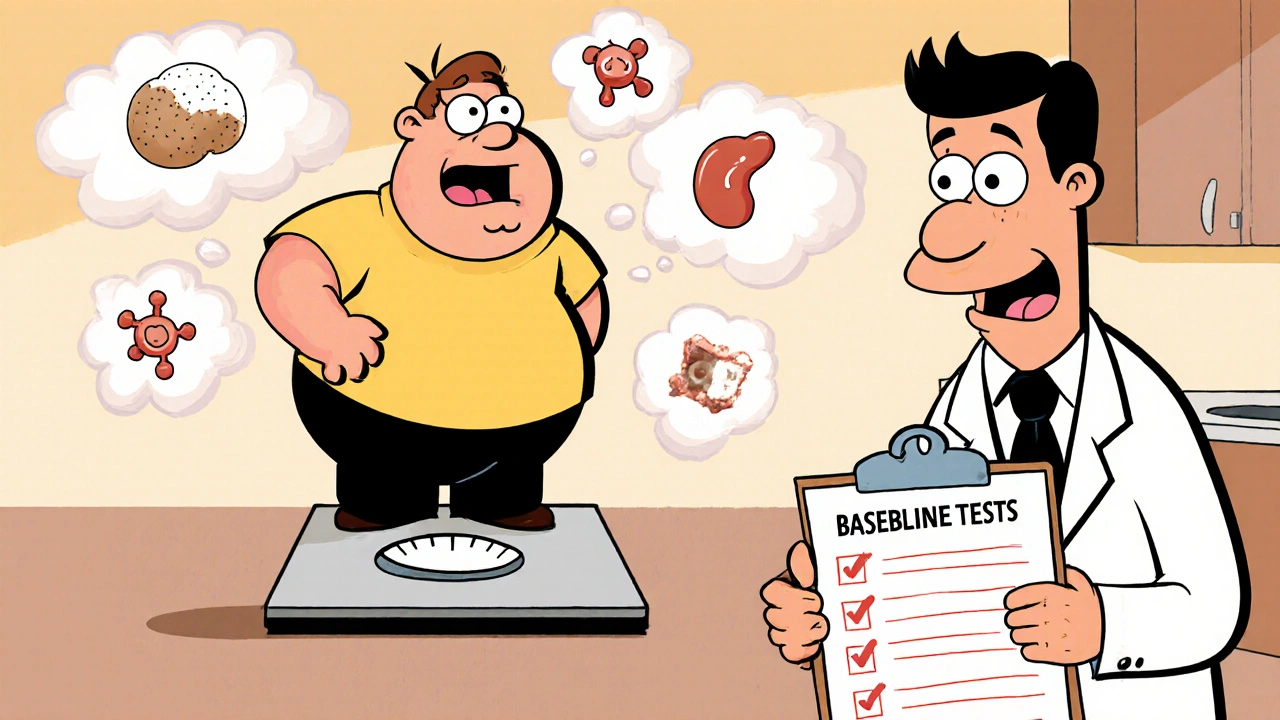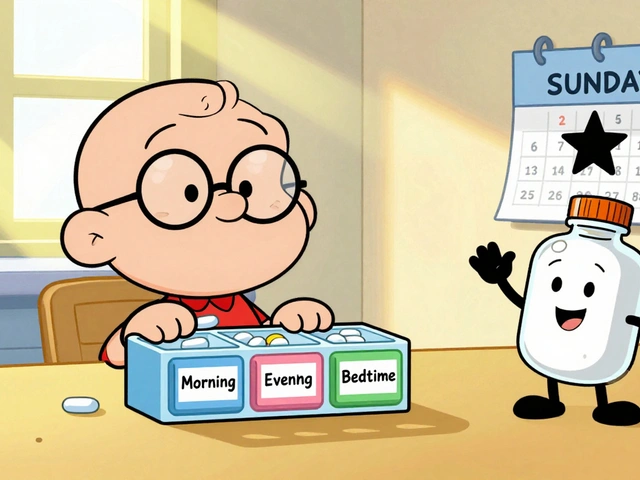Metabolic Syndrome and Antipsychotics: Risks, Connections, and What to Watch For
When you take an antipsychotic, a class of medications used to treat schizophrenia, bipolar disorder, and other mental health conditions. Also known as atypical antipsychotics, it isn't just about calming thoughts—it can change how your body handles sugar, fat, and insulin. Many people don’t realize that these drugs, while life-changing for mental health, can also push the body toward metabolic syndrome, a cluster of conditions including high blood pressure, excess belly fat, high blood sugar, and abnormal cholesterol that raise heart disease and diabetes risk. This isn’t rare. Studies show up to half of people on long-term antipsychotics develop at least three of these markers.
Why does this happen? Some antipsychotics, like olanzapine and clozapine, mess with appetite control in the brain, making you crave carbs and sweets. Others slow down your metabolism, so calories turn into fat faster. Then there’s insulin resistance—your body stops responding to insulin like it should, so blood sugar climbs. It’s not just weight gain. It’s your body’s entire energy system going off track. And the scary part? Many patients don’t know they’re at risk until their doctor flags high cholesterol or prediabetes.
Not all antipsychotics are the same. Lurasidone, for example, has a much lower risk of triggering metabolic syndrome compared to older drugs. If you’re on medication and gaining weight, it’s not weakness—it’s pharmacology. The good news? You can fight back. Regular movement, even a daily walk, helps your cells respond to insulin again. Eating more protein and fewer refined carbs can stabilize blood sugar. And yes, your doctor can switch you to a gentler drug if needed.
This page collects real-world insights from people managing these side effects, studies on drug comparisons, and practical steps to protect your body while treating your mind. You’ll find posts that break down which antipsychotics carry the highest metabolic risk, how to spot early warning signs, and what lifestyle tweaks actually work. No guesses. No fluff. Just what you need to stay healthy while staying on track with your treatment.




